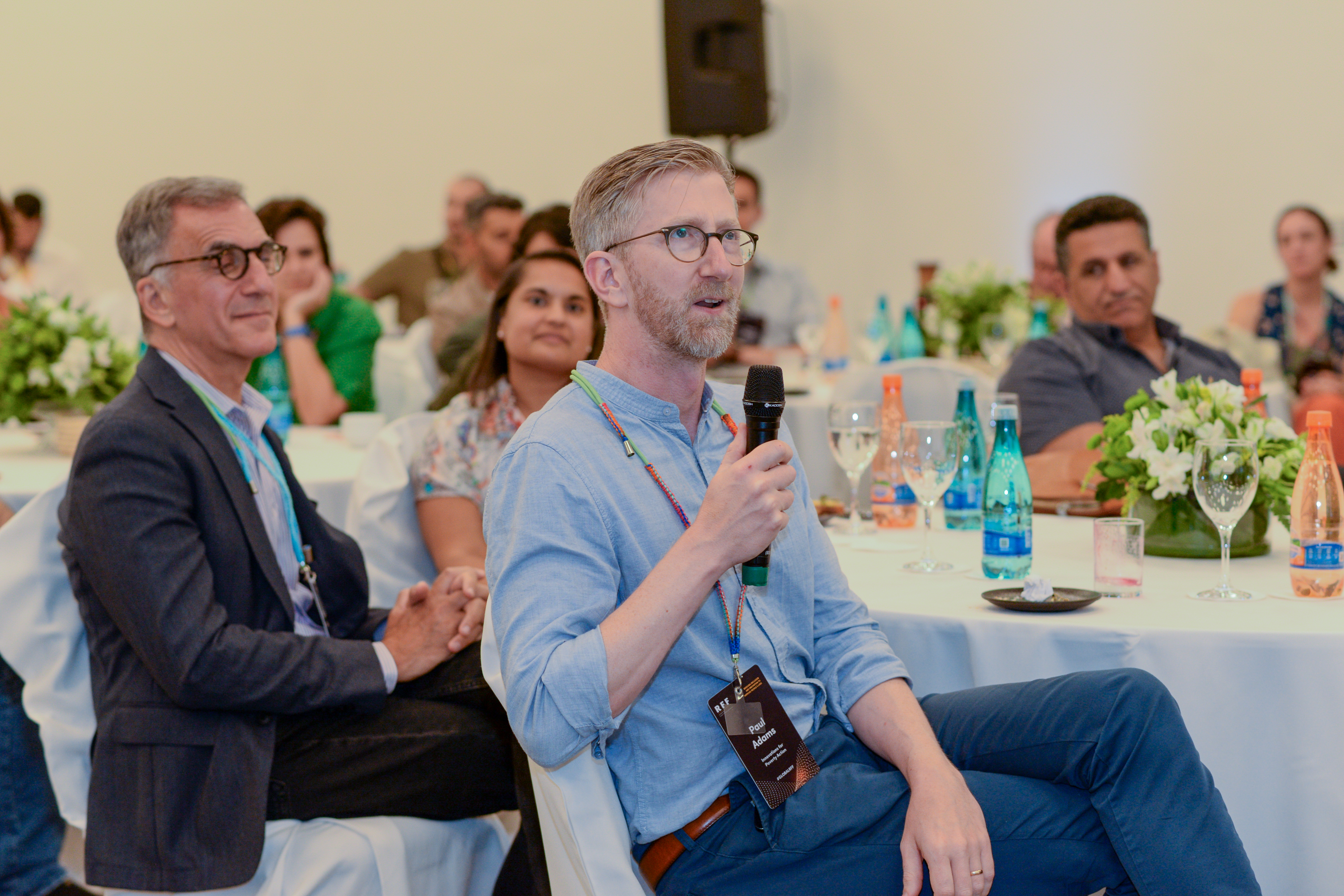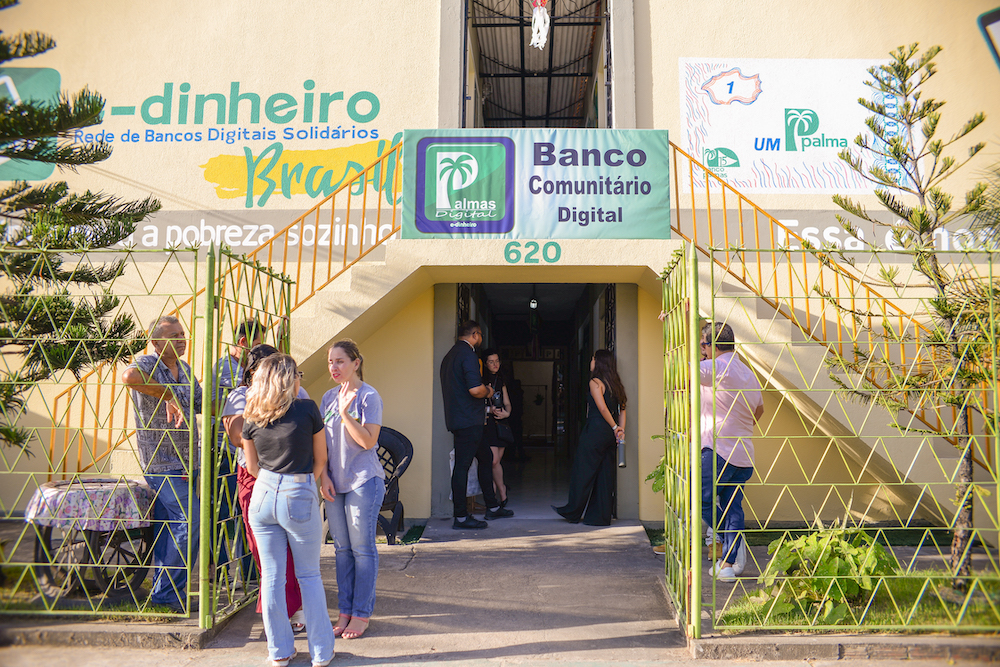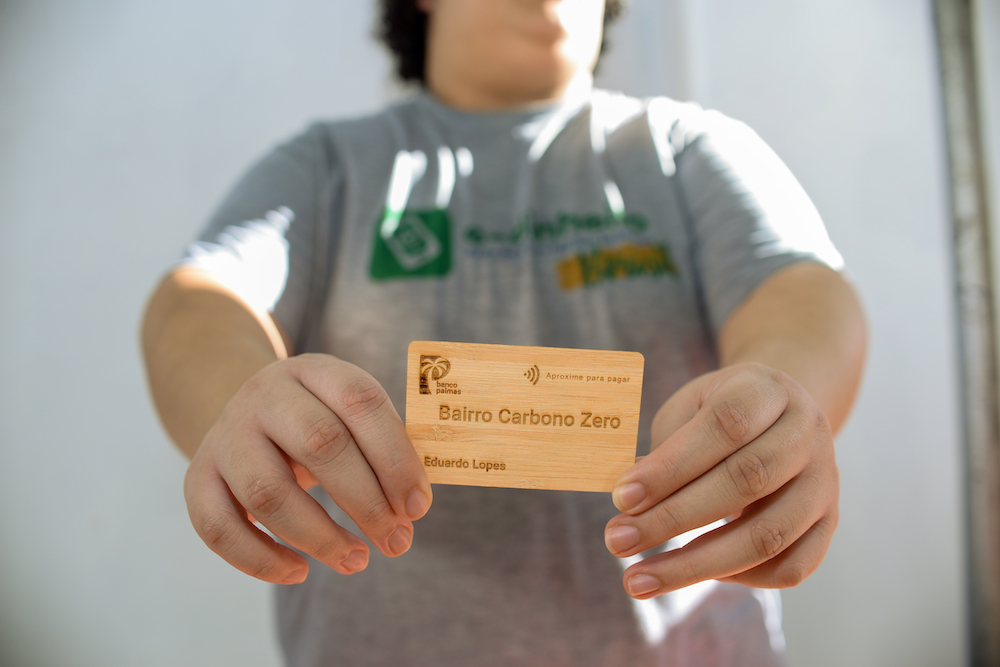New Perspectives at the 2024 Responsible Finance Forum
From July 2-3, I attended the Responsible Finance Forum, a side event to the G20 Global Partnership on Financial Inclusion (GPFI), convened by the Center for Financial Inclusion. The event is a key forum to bring new perspectives from digital financial service providers, investors, researchers, think tanks, and consumer bodies from low- to middle-income countries into the G20 GPFI process, which is traditionally dominated by finance ministries and central banks. The forum lived up to its name, allowing us to debate, hear diverse perspectives, and develop a community around a shared cause–inclusive and responsible financial services.
Last year, the forum was in India, where Digital Public Infrastructure (DPI) underpinned a huge increase in financial inclusion. This year's event was in Brazil, where the publicly provided fast payment system, Pix, has proliferated, another poster child for DPI. With these two examples, it can be easy to get carried away with all the potential that DPI holds. But there are certainly risks as highlighted by a presentation from Julie Zollmann and Nanjira Sambuli. They discussed their recent research about stakeholder concerns with the implementation of new digital IDs in Kenya, highlighting the importance of government transparency and accountability. This led to breakout group sessions where we collectively discussed the benefits, risks, and mitigation strategies that can be deployed, to inform the DPI framework which is currently being developed by the UN Secretary-General Special Envoy on Technology.
During the discussion on digital credit, Gabriel Davel drew on Innovations for Poverty Action (IPA) and the Center for Effective Global Action’s digital credit report highlighting the extent of lending and potential problems in the market. After discussing the scale of digital credit, there was a chance to hear directly from digital financial services providers who are developing innovative approaches to responsible digital credit.

Mercedes Bidart, cofounder of Quipu, spoke about using satellite imagery, photos, and SMS records to understand income and revenue potential for micro and small businesses, and then using that to extend productive credit. I thought this was an exciting model to help provide finance to previously underserved consumers, or those who had a bad credit record. They are working with IDB Lab to better understand their product’s impact.
Joshua Allen from Pezasha explained their business model and the impact it had on their borrowers. Pezesha began in Kenya as an embedded finance player, lending money to micro and small merchants to buy stock for fast-moving consumer goods, and recently expanded to the direct-to-MSE segment. Interestingly, they have a project with the Center for Financial Inclusion and Rafe Mazer to see how small frictions introduced strategically in the lending process for a direct-to-MSE loan could improve borrower outcomes.
Eduardo Lopes from Nubank discussed personal finance tools that could help consumers such as reminding customers of available cash in other accounts to prevent overdrafts or nudging them to move unused cash to higher-interest savings accounts. Behavioral economics research has demonstrated that we’re not good at optimizing some of these decisions on our own, as demonstrated by the co-holding puzzle or individuals' failure to optimize their savings interest rates. Alerts or smart defaults can help overcome these, and, with my research hat on, it would be great to understand the impact on people’s financial lives and ultimately their well-being.
The question of financial health and financial well-being came up quite a few times, especially in the wrap-up discussion led by Payal Dalal. Financial health has been discussed in different ways by different academics, including IPA’s work measuring financial health around the world. And financial well-being, or at least subjective financial well-being, also has a rich literature. Do we need another framework or definition? Or do we just need to pick one and stick with it? What may be more compelling, especially with the ever-increasing digital exhaust from consumers, is studying how resource-intensive survey-based measures can be predicted from already existing data held by banks or regulators. It’s been done in the United Kingdom with transaction data. Imagine harnessing the database of Pix transactions to try to predict financial health or well-being. That would give us a near real-time proxy for financial health or well-being that policymakers and regulators could use to inform policy in a range of sectors.

Overall, the field visit to Banco Palmas that started the event encapsulated one of my key takeaways from this year’s forum: Community. Banco Palmas is not your traditional bank branch, using a unique approach to financial inclusion. Had this cooperative bank helped develop the community? Or had the community been the essential ingredient that provided the social fabric that made the bank work? Either way, the visit showed us that this is no ordinary bank. In the back of the building is a fabric and garment workshop where community members can learn how to upcycle and repair clothes–equipping the community with the knowledge to earn income. Outside in the courtyard is an agricultural lab that is specifically designed to develop plants that would thrive in small urban farms in the neighborhood. They host a sign-language class and an advice center for people wishing to access government benefits. During our visit, a local dance school that was part of the cooperative performed.

It’s simply not your average bank; at least not in the traditional sense. They don’t take deposits, but they do help the community to invest in their own entrepreneurs by lending money. They even have their own bank card (made of environmentally friendly bamboo) and their own currency. More than anything, Banco Palmas reminded me that financial services is not an end in itself and is definitely not a topic that people want to think about any more than they have to. What makes this cooperative bank work is not the economics or the idea that people really need a loan. What makes it work is the sense of community, the social engagement, and, above all, the fun. As practitioners working towards an inclusive, responsible financial system, we would do well to keep these three things in mind: community, social engagement, and fun.












